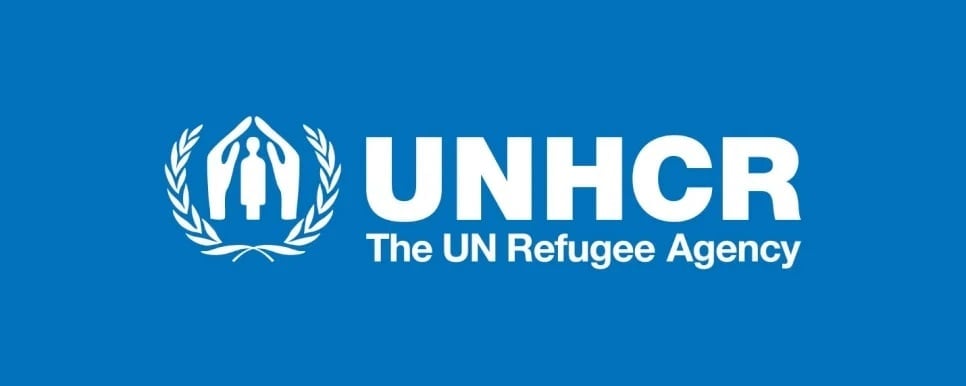Escalating violence uproots farmers and herders in Niger
Escalating violence uproots farmers and herders in Niger

TILLABERI, Niger - When militants attacked his village in west Niger, Al-Bashir Gamo Gamo’s peaceful life spent tending to his livestock was over.
“They kidnapped five people from my village who were later found dead,” he says, explaining how armed groups threatened the village members with death if they did not leave within 12 hours.
Forced to flee to the town of Inates, in western Niger’s Tillaberi region, Al-Bashir now worries about how he will provide for his family as he can no longer do what he knows best - herd his animals and cultivate the land.
“Nobody can sleep at night, walk anywhere or cultivate crops because of fear,” he says. “If you want to look after your animals, you have to go to the bush, but there, they can attack you.”
UNHCR, the UN Refugee Agency, is deeply troubled by ongoing violence in Niger’s border areas with Mali and Burkina Faso which has forced 52,000 Nigeriens to flee their homes this year alone.
Cross-border invasions and attacks by militant groups in the Tillaberi and Tahoua border regions have forced many like Al-Bashir to flee for safety to other nearby towns and villages.
“Nobody can sleep at night, walk anywhere or cultivate crops because of fear.”
The extremely volatile situation has not only caused new displacement but is also affecting 53,000 Malian refugees living in the region, some of whom are considering fleeing to other countries if the situation does not improve.
Some of the displaced report horrific violence unleashed by the militants involving attacks on villages, killing of civilians, kidnappings, razing of schools and looting of homes and livestock.
"It is safer to not have animals as you might be targeted,” says Al-Bashir. “But tending to our animals is all we have ever known."
A state of emergency, declared last year in March by the government, is in effect in the Tahoua and Tillaberi border regions, with large-scale military operations ongoing. However, the prevailing violence and insecurity is hampering humanitarian relief efforts.
Since October, the government and humanitarian agencies have attempted to secure certain zones to ensure distribution of aid but ongoing security threats have prevented humanitarians from reaching all those in need of assistance.
UNHCR is leading a coordinated inter-agency protection response to help those fleeing. It includes protection monitoring to allocate rapid assistance to those identified as particularly vulnerable and in need.
UNHCR is also working with local NGOs and a network of community groups throughout the country to provide updated information on the needs of displaced Nigeriens. Since January, over 375 incidents were reported through this mechanism and have been followed-up by UNHCR and partner agencies.
"For us, it’s just a question of peace and security ... If we have that, the other problems will all go away too.”
“Despite grappling with violence and insecurity along its borders, Niger remains a generous refugee host country and it is now the first African country to incorporate the Kampala Convention - the African Union Convention for the Protection and Assistance of Internally Displaced Persons in Africa - into domestic law,” said UNHCR’s Representative in Niger, Alessandra Morelli.
There are currently over 156,000 internally displaced people in Niger, mainly from the western border regions near Mali and Burkina Faso and in Diffa, in the south east, near Nigeria. There are also over 175,000 refugees, mainly from Nigeria (68 per cent) and Mali (32 per cent) in the country.
Despite increasing displacement and mounting humanitarian needs, support for UNHCR’s humanitarian response in Niger has been limited. Only US$54 million, accounting for 58 per cent of UNHCR’s funding appeal for the humanitarian response in Niger has been received this year.
UNHCR continues to call upon the international community to address the root causes of displacement in Niger and the region and to work towards peace, reiterating the need for civilians like Al-Bashir to be protected.
Meanwhile, Al-Bashir hopes that the situation will ultimately improve.
"For us, it’s just a question of peace and security,” he says. “If we have that, the other problems will all go away too.”









